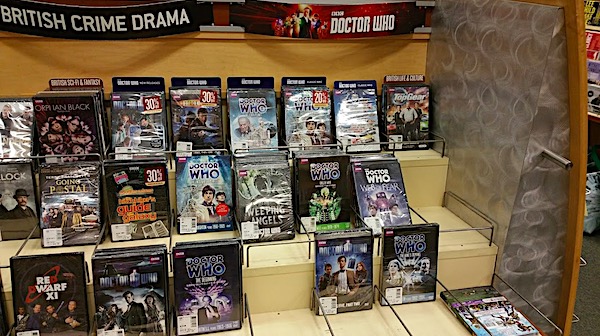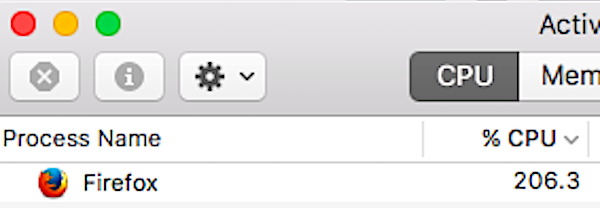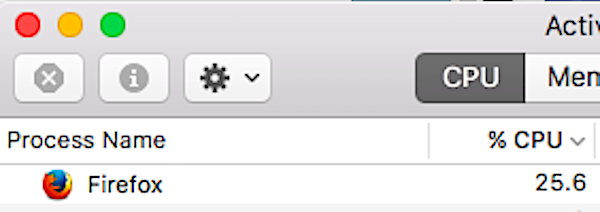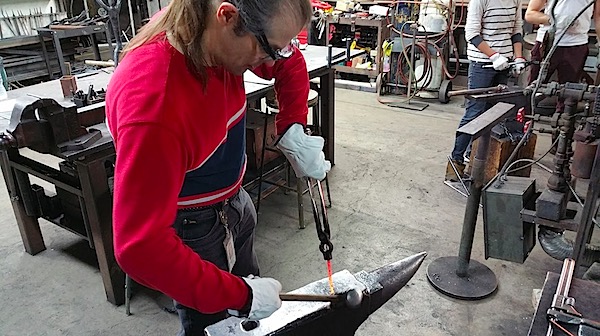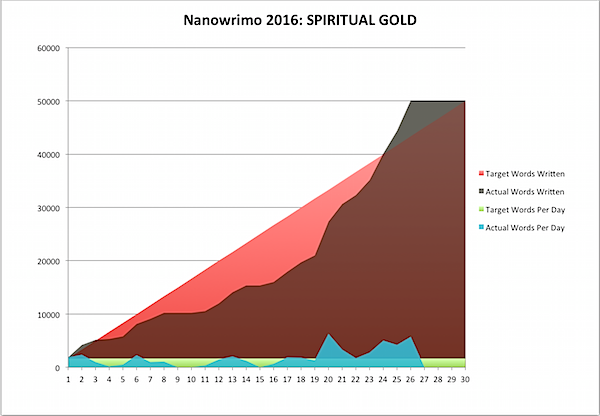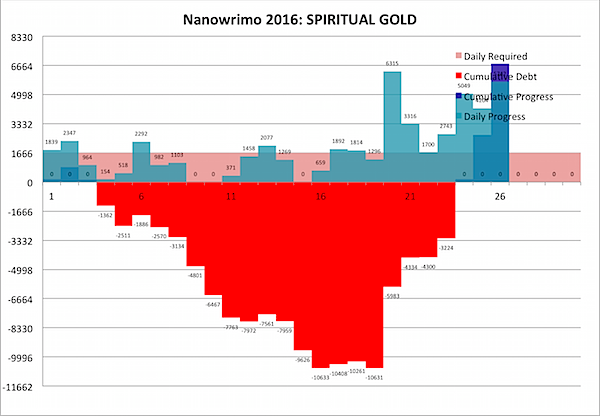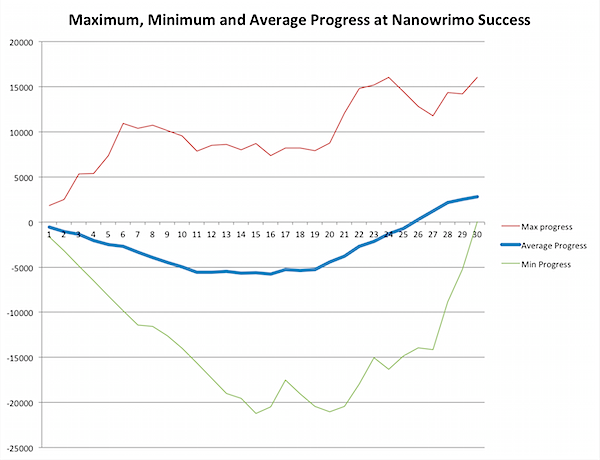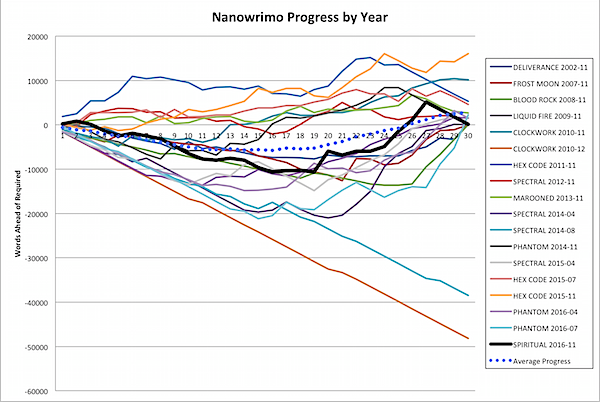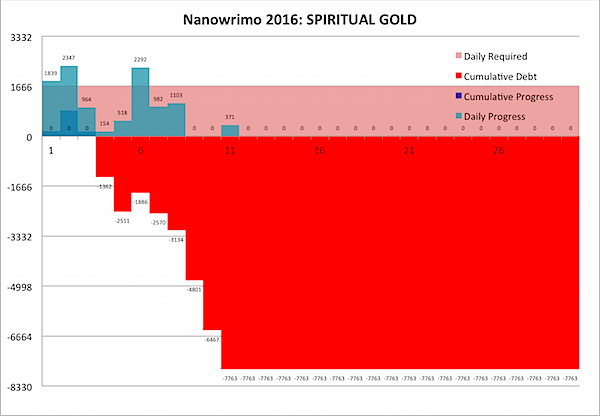
Fantastic news … auditions are now underway for the very first Jeremiah Willstone radio theater play, “Jeremiah Willstone and the Choir of Demons,” based on the story of the (almost) same name published in Aurora Wolf magazine! Here’s the casting call, being handled by the director, Tony Sarrecchia:
Open casting call for an audio/radio drama.
Tony Sarrecchia (The Harry Strange Radio Drama) is holding open auditions for a new Steampunk audio drama that will be produced in conjunction with the Atlanta Radio Theatre Company The story, an adaptation of Anthony Francis's Jeremiah Willstone series will be recorded in Atlanta and is scheduled to be available through several distribution channels later this year.
English actress and voice-over artist Emma Greene (Swamp Murders, The Harry Strange Radio Drama, An Elf’s Story) will play the title character who is a “third-generation female soldier from a world where women’s liberation happened a century earlier than ours” in tales of “betrayal, corsets, and ray guns.” Jeremiah has appeared in eight stories, with four more stories, a novella, and audio adventures on the way! Most exciting of all, she’s now appearing in her first novel-length adventure, Jeremiah Willstone and the Clockwork Time Machine! A sprawling tale of brass buttons, steam-powered ray-guns, and rollicking adventure.
For this audio drama, director Tony Sarrecchia is looking for the following:
Detective Tenpenny: A middle-aged female detective with a slight British accent.
Sample lines:
#1: “Perfect! The world is falling down around me, and the Army sends me a green-skinned rookie. Can you at least make coffee?”
#2: “Oh, he’s a monster. Seven dead that we know of…all lost to some nefarious machines designed to disfigure and maul their victims.”
Doctor Waxwood: A 60-year physician. Refined Souther accent.
#1: “I am Doctor Waxwood, the patients attending physician. I trust you both know enough to maintain decorum and discretion.”
#2: “I would love to get my hands on the demons who would do such a thing to a child!”
Madame Windprice: A 50-year solider ravished by time and illness. English accent.
#1: “I saw them everywhere—if I were 20 years younger I’d have taken them all.”
#2: “Blood Boolean toys! Give me an old-fashioned analogue spectroscope any day!”
Ensign Adler: Young male or female solider. English or southern accent.
#1: “Jeremiah, hurry, we’re going to be late!”
#2: “Yes! You struck the nail squarely!”
Prof Kilroe: Male, military professor, 40s. Southern Accent
#1: “Outfitting is the foundation of Expeditionary work. Thanks to modern shape readers and auto whittling, we can customize each Expeditionary's gear to their individual bodies. Now, I'd like each of you to measure your hand and weapon as outlined on the board. (WALKING AROUND THE ROOM) Yes, good, good. Careful around the fingers. As you trace and measure, the wax cylinder is encoding a sound that will instruct the autowhittler to sculpt a new pistol grip customized to both your left Kathodenstrahl (cat-HOD-en-STRAHL) and your hand.”
Zane Cross: Male, villain, 30s. English or Southern Boston Accent
#1: “Do you propose we just shoot evil-glare at each other for the rest of the night.”
#2: “There is nothing COMMON about me!”
Currently, compensation is in credit and samples. This audition is for actors in the Atlanta Metro area (or those who can attend recording sessions in Atlanta).
Audition recordings specifications:
⁃ Mp3 at 44.1Khz 128 bit rate
⁃ Record each line separately
⁃ Label as follows: your name_character_line#.mp3
⁃ Send in a zip file (or Dropbox) to producer@harrystrange.com
In an email please include the following:
⁃ Your real name
⁃ Credits
⁃ Location
⁃ Phone/Skype
⁃ Willingness to perform in front of a live audience (not a requirement, just a nice to know)
You can contact Tony directly about the open casting call, or contact me at centaur at dresan dot com and I’ll pass it along.
-the Centaur
Pictured: a remixed picture of a wax-cylinder Edison phonograph, picture taken by Billy Hathorn and edited by me under the Creative Commons Attribution-Share Alike 3.0 Unported license.


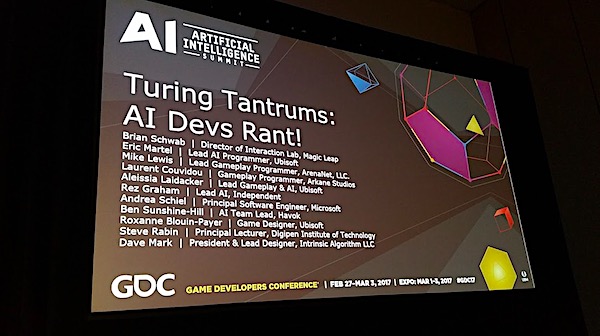
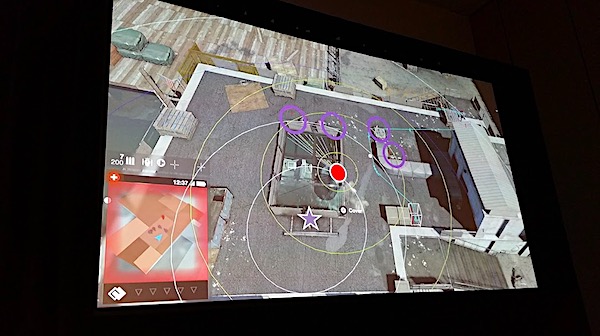
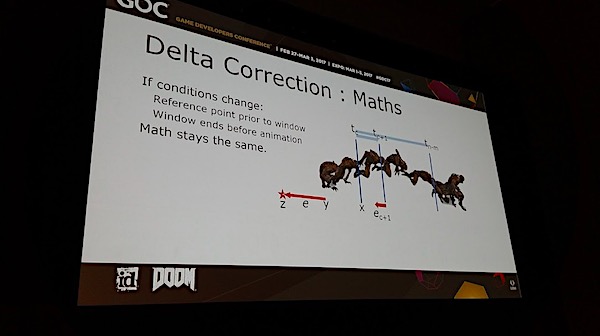
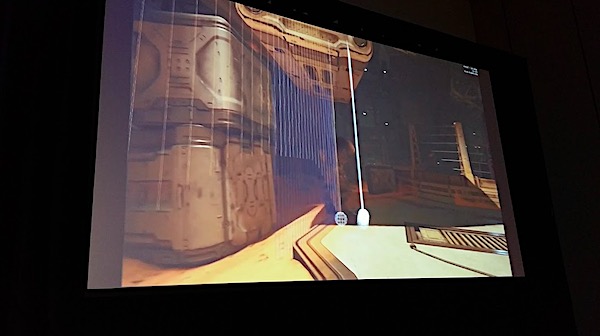
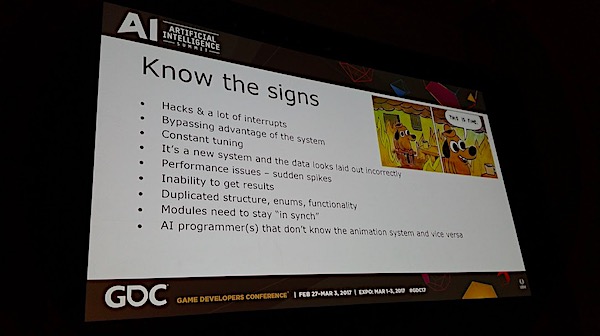


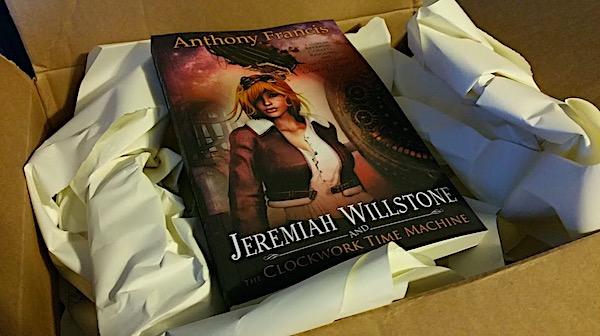
 It might not be immediately apparent from this shot, but outside, it’s sunny and the weather is nice. That’s despite
It might not be immediately apparent from this shot, but outside, it’s sunny and the weather is nice. That’s despite  I live near Coyote Valley, not Coyote Creek - two totally different areas miles apart - so my home was providentially spared.
I was, however, woken up yesterday morning by a text, a call, and a Messenger message, all wondering whether I was OK. My wife, off to the East Coast on a business trip, called to ask if I’d evacuated yet; I looked out the window to sunny skies, sleeping cats and the early-morning sound of a leaf blower, and said no.
Sorry for concerning you, I know there have been three different disasters / evacuations in San Jose recently! Last night at dinner at Alexander’s, the server, my good friend Todd, reported three different closures of Highway 17 that kept him from work - one that involved a gun battle and five hours trapped in his car, but the rest, weather. 101 in San Jose has suffered similarly. I think these are somehow all related to “
I live near Coyote Valley, not Coyote Creek - two totally different areas miles apart - so my home was providentially spared.
I was, however, woken up yesterday morning by a text, a call, and a Messenger message, all wondering whether I was OK. My wife, off to the East Coast on a business trip, called to ask if I’d evacuated yet; I looked out the window to sunny skies, sleeping cats and the early-morning sound of a leaf blower, and said no.
Sorry for concerning you, I know there have been three different disasters / evacuations in San Jose recently! Last night at dinner at Alexander’s, the server, my good friend Todd, reported three different closures of Highway 17 that kept him from work - one that involved a gun battle and five hours trapped in his car, but the rest, weather. 101 in San Jose has suffered similarly. I think these are somehow all related to “




